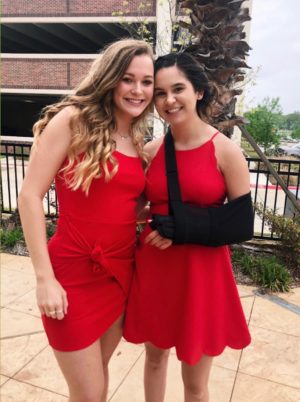
Senior Emma Vega (right) smiles with her teammate, senior Corey McGrath (left), at her swim banquet junior year. Emma had surgery on her left arm the week before the dinner and had to wear an arm sling to the event.
Editor’s note: this story was named as a superior sports feature in the TAJE Best in Texas contest and it won first place for sports in the Press Women of Texas high school contest. It also won first place for sports stories in the National Federation of Press Women contest and the National Federation of Press Women’s Award of Excellence/Best of the Best award.
Senior Emma Vega felt good as she dove into the pool at the start of the race. She was confident. Emma had swam this race hundreds of times and knew exactly how to pace herself.
As she kicked off the side of the pool in between laps, Emma noticed something was off. The weight on her chest grew heavier as she swam. Within seconds, the pressure turned into pain. It felt as if she was stabbed in the center of her chest.
She couldn’t breathe.
Emma quickly turned her head to gasp for air, swallowing chlorinated water. The pain increased as she continued to panic. Emma’s thoughts raced as she tried to calm down.
Slow down. Take more breaths. Do whatever you need to do. Just finish the race.
Suddenly, the pool floor disappeared and everything went dark.
She couldn’t see.
Emma continued to swim blindly until her vision slowly returned. All she thought about was finishing.
After her final lap, Emma surfaced and looked around. Everything was blurry and her head felt light and dizzy. She climbed onto the pool deck and lay flat, eyes shut and arms straight at her side. Her chest rose and fell quickly while she hyperventilated. She finally allowed herself to listen to her anxious thoughts.
This is bad. I don’t know what to do. I am in so much pain. I want this to go away.
She opened her eyes to see concerned teammates hunched over her. They cautiously helped her to her feet and told her it would be all right, eventually calming her down.
• • •
Months later Emma found out this episode was caused by a case of untreated pneumonia that for six months had weakened the muscles surrounding her lungs. This made it harder to breathe and caused her ribs to suddenly slip out of place. The diagnosis was surprising, but the pain wasn’t. Over the years, pain had become a close companion to Emma.
Since she was 11, Emma has suffered a series of injuries that have complicated her ability to swim. She first broke her left arm in the seventh grade. Since then, she has had four corrective surgeries that have caused her to be out for an entire season at a time. Later, it was found that her weakened chest muscles had also caused slipping rib syndrome, in which her lower ribs will suddenly move, causing sharp pain in her chest and abdomen. This resulted in fibromyalgia, which means that the nerves in her chest had more receptors, making that area extremely sensitive to pain.
However, looking at Emma, no one would never know about her daily struggles. In the halls, Emma’s classmates usually find her laughing and making jokes with her friends. But behind her bright smile, Emma regularly hides the severe, sudden, sharp pains she constantly experiences.
“Something as small as cracking my back in class can cause a rib to move and set it off,” Emma said. “But all I can do is just sit and keep taking my notes until it eventually gets better.”
At times, these conditions caused Emma so much pain that she’d have to leave practice early, only to go home and sleep to avoid the pain. Throughout her freshman and sophomore years, she constantly found herself comparing her swim times to others. She became increasingly frustrated and insecure about her swimming abilities.
“I didn’t understand that I had conditions that limited my swimming,” Emma said. “I just didn’t get why I wasn’t doing as well as my friends.”
Emma wasn’t ready to accept her limitations. She refused to let her pain stop her from doing what she loved. So she kept swimming. Surgeries and doctor appointments would force Emma to miss school and fall behind. The more she practiced and competed, the more pain she had. She decided to stop club swim and then considered stopping the sport completely.
“I thought for a while that quitting club wasn’t going to be enough,” Emma said. “I didn’t think I would be able to keep swimming.”
Even though quitting would make things easier, Emma realized that swimming was a part of her identity. Even if she wasn’t going to be the best and even if she had to practice for hours while dealing with intense, constant pain, quitting was not an option. She had to keep swimming.
“It was something that I felt made up a big part of who I was, so I didn’t want to stop,” Emma said. “I decided I was going to keep going, even if my times weren’t as good as I wanted them to be.”
Emma said having teammates who she could confide in and trust helped her not worry about others judging her.
“It was nice to know that they understood what I’m actually going through and dealing with,” Emma said. “And that even though it’s really painful, that I want to be here and still show up every day and do what I have to do.”
She also said that her coaches greatly impacted her decision to stay. They helped keep her on track in practices and pushed her to be the best athlete she could be.
Swim Coach Brandon Dion said that where other high school swimmers would be afraid to get back in the water, Emma doesn’t say no to anything and always keeps a positive attitude.
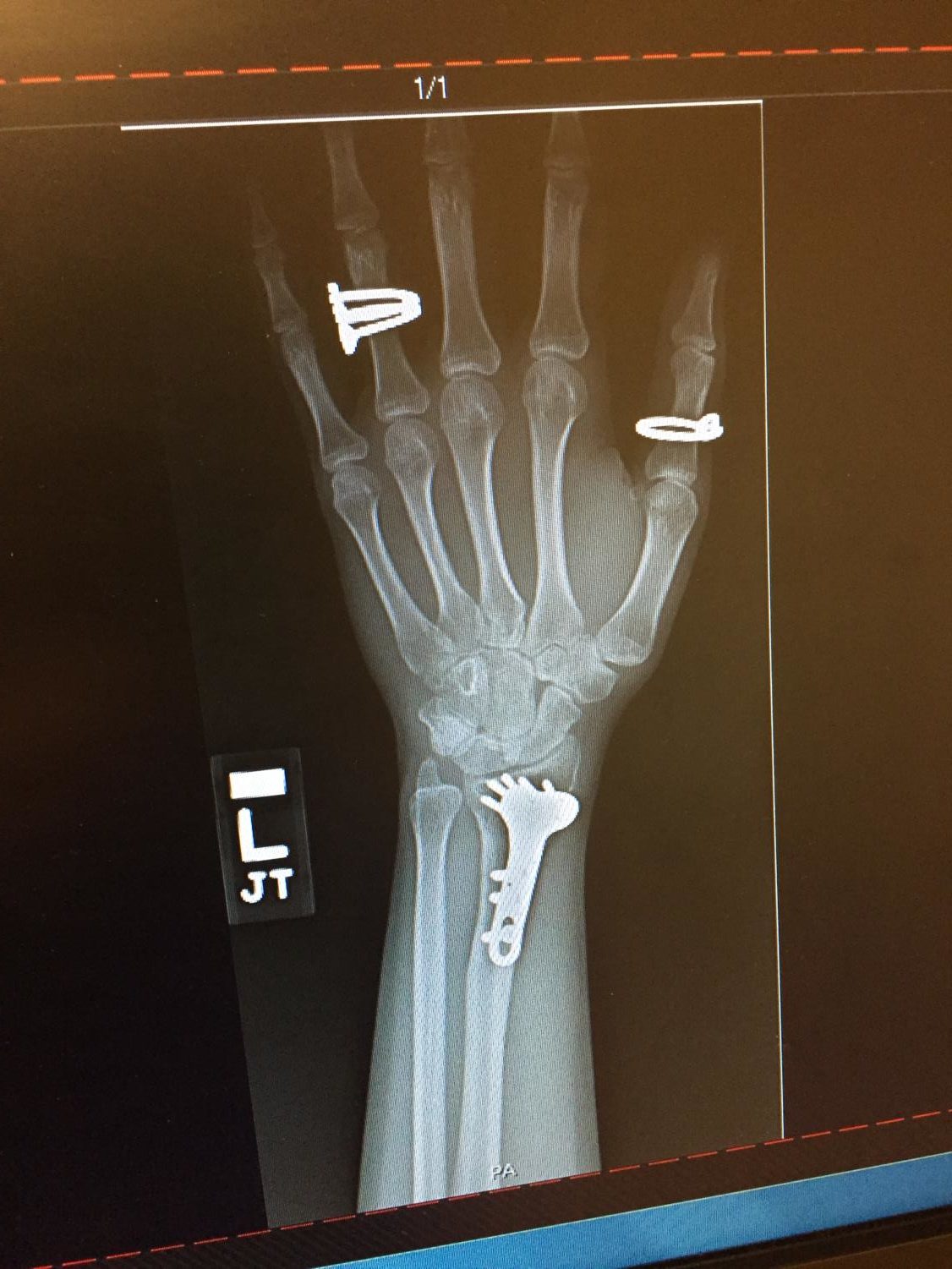
X-rays of senior Emma Vega’s left arm show a fracture in her radius after she fell off a skateboard. Over the next few years, Emma had five surgeries on her arm, as her radius’ growth plate had been damaged, creating a hole in her left wrist.
“Emma’s been a complete 180 from that,” Dion said. “She’s ready to go and do whatever it takes to get back to where she was.”
Despite her health issues, Emma has gotten multiple offers from several colleges to swim on their school’s team.
“It was cool to see that even though I might not be as good as all of my friends that I compare myself to doesn’t mean that I’m not good at all,” Emma said.
Overall, Emma said that she is glad to have gone through her medical journey, as it has changed her perspective on others and herself. She has learned to not judge others based on appearances, because you never know what they might be going through. Through this experience, she also learned that even though giving up may seem a lot easier, it’s working through the pain that ends up being the most rewarding.
“You have to keep going if you actually want to see a difference,” Emma said. “You can either keep going and push yourself, or you can quit. It’s one or the other, but you’re not going to get what you want from doing nothing.”







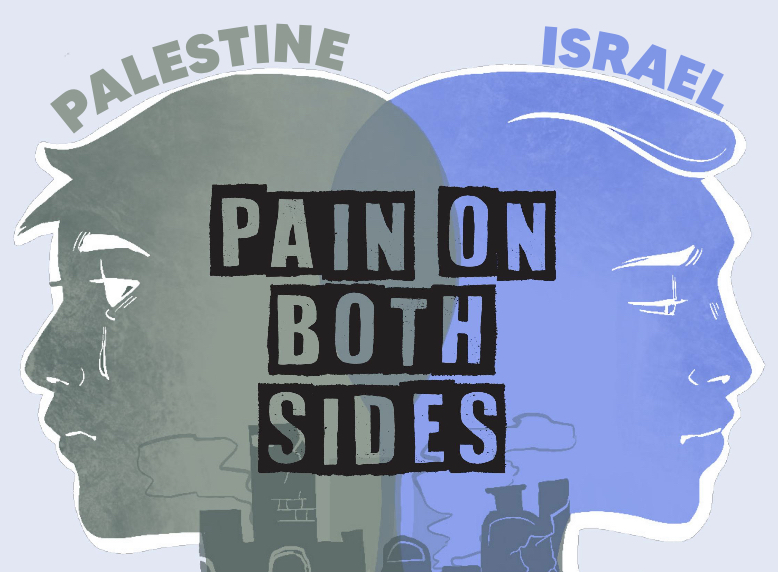


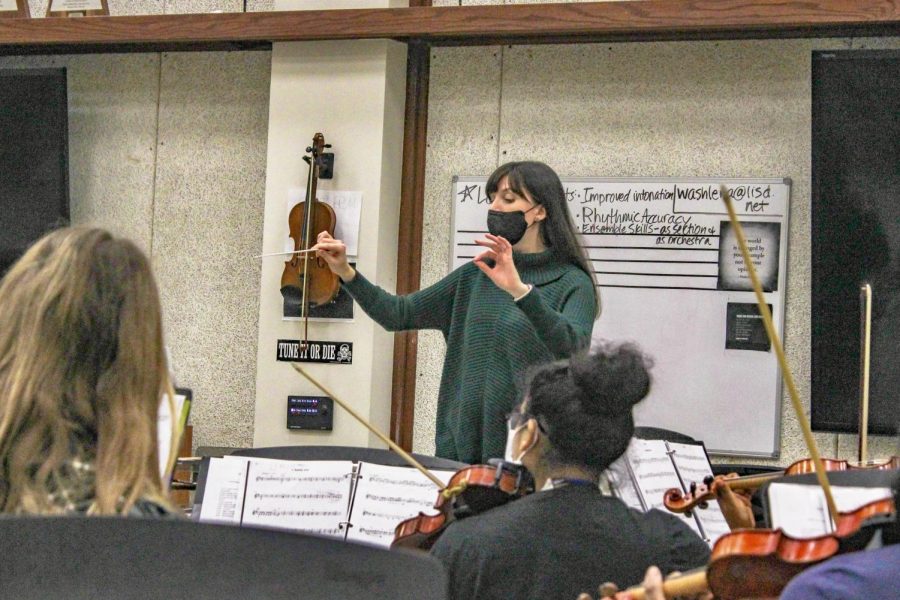
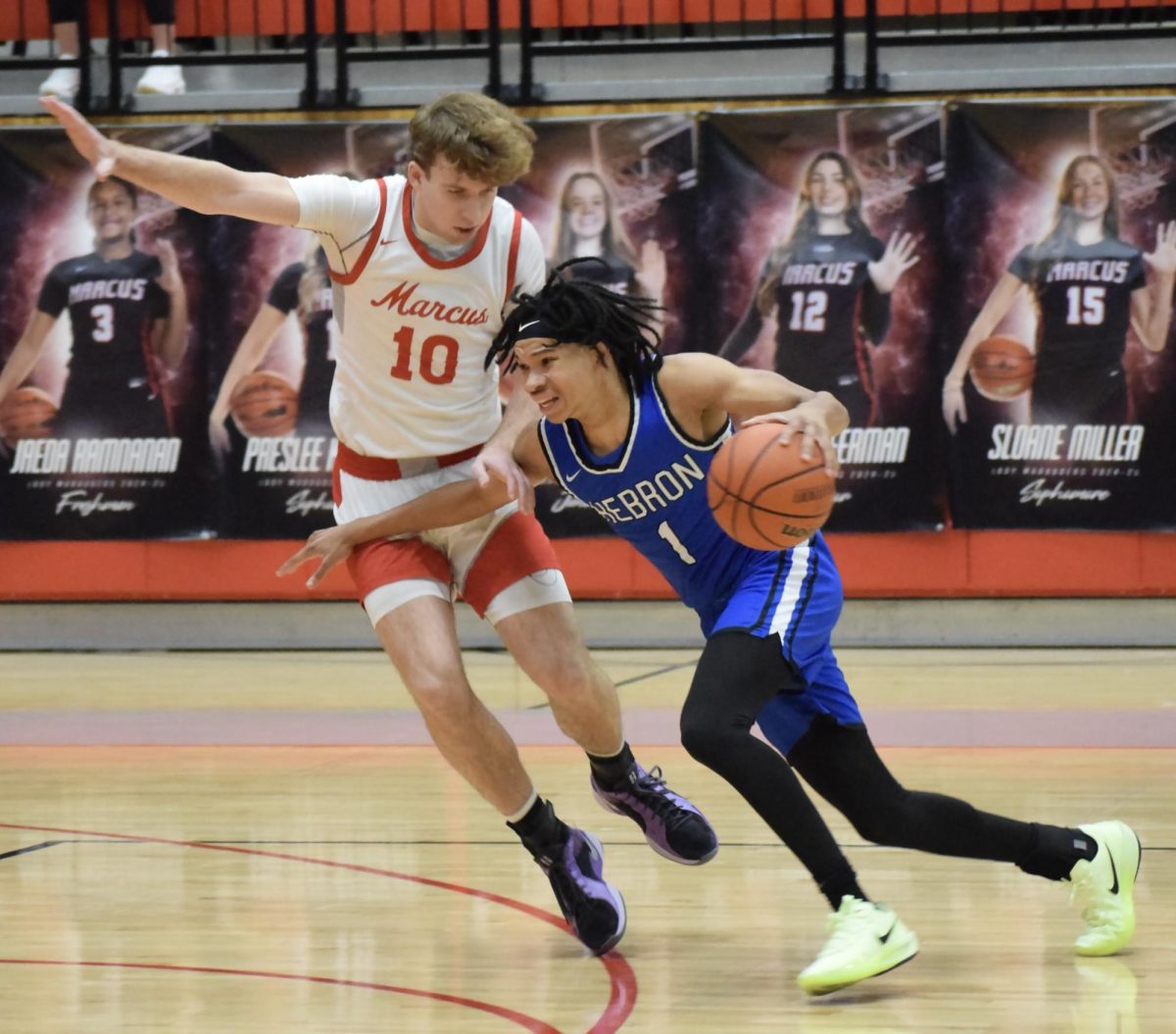


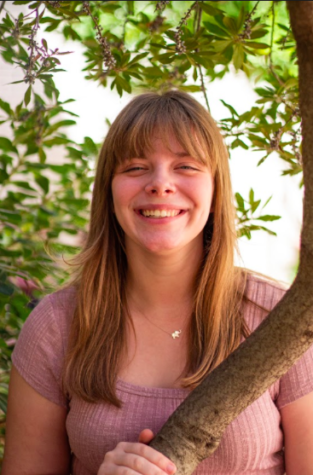
FITORU • Jan 20, 2020 at 2:04 AM
This is one lovely read! I appreciate your post. More power to you!